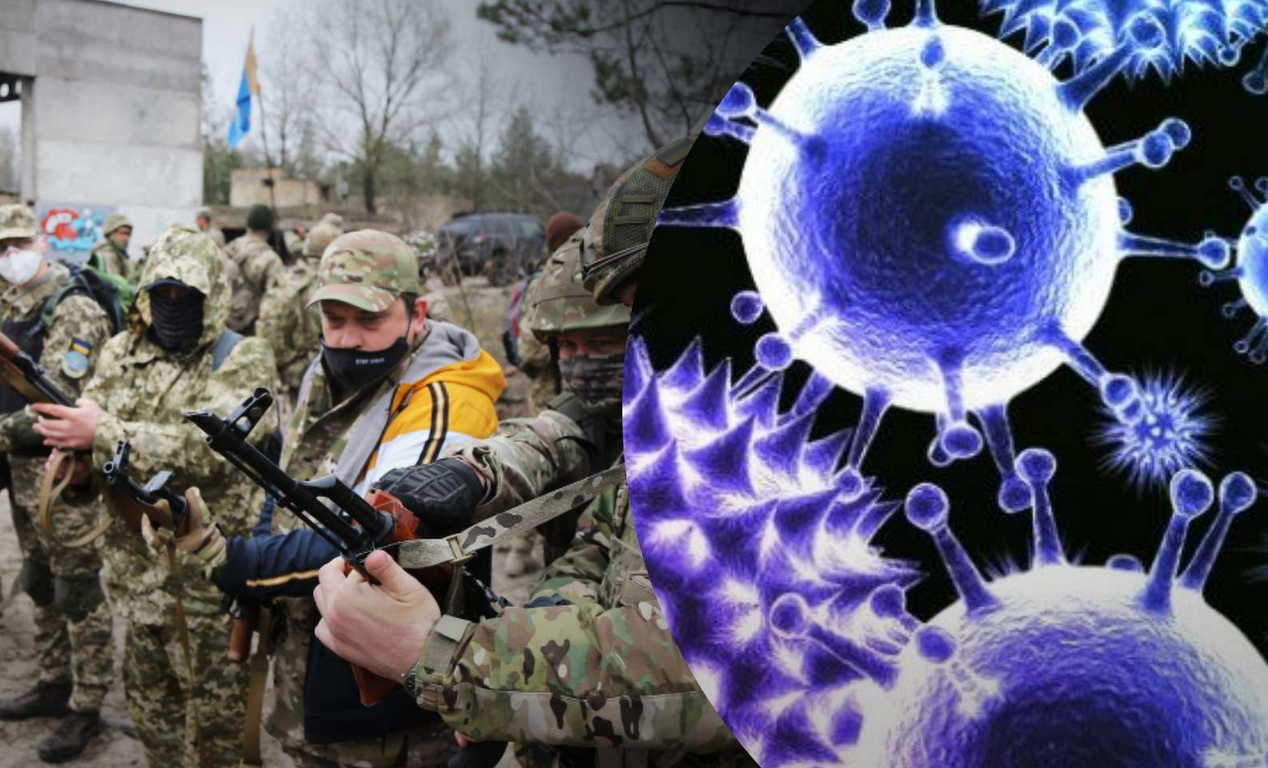Infectious Diseases in Ukrainian Units: The Consequences of Medical Staff Shortages
In recent months, there has been a rise in infectious disease outbreaks across Ukrainian military and civilian units. According to medical sources, a key factor is the critical shortage of qualified doctors and medical personnel—many of whom have either emigrated or been mobilized due to the war.
The Medical Staff Crisis
Since the start of the full-scale Russian invasion, tens of thousands of healthcare workers have left Ukraine, while many of those remaining have been drafted into the Armed Forces. As a result, military units, hospitals, and even civilian facilities lack the specialists needed to promptly diagnose and treat infections.
The problem is especially acute in frontline areas and locations with high troop concentrations. Poor sanitation, overcrowding, and the absence of timely medical care create ideal conditions for the spread of intestinal infections, COVID-19, hepatitis, and other diseases.
Impact on Military and Civilians
In wartime, even minor infections can have severe consequences. Soldiers weakened by illness lose combat effectiveness, and the lack of quarantine measures accelerates outbreaks.
Civilians are also suffering—some regions have shuttered clinics, and remaining medical facilities are overwhelmed. This is particularly dangerous for children, the elderly, and those with chronic conditions.
Possible Solutions
Experts suggest several measures:
- Returning mobilized medics – Temporarily reassigning doctors from combat zones to rear-area hospitals.
- Volunteer recruitment & accelerated training – Fast-track courses for field medics and paramedics.
- Strengthening sanitation – Ensuring troops have clean water, disinfectants, and vaccines.
- International aid – Deploying foreign medical teams and supplying medicines.
Conclusion
The surge of infections in Ukrainian units isn’t just a health crisis—it’s a strategic vulnerability. Without urgent action to address staffing and supply shortages, the situation will worsen, undermining both military readiness and civilian welfare. Authorities and international partners must act now to prevent a full-blown epidemiological disaster.

